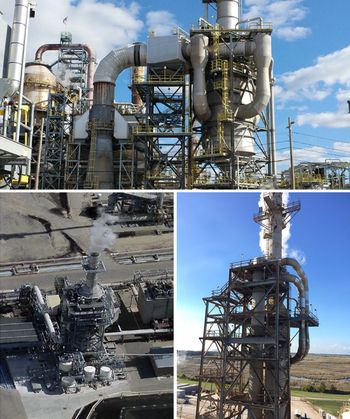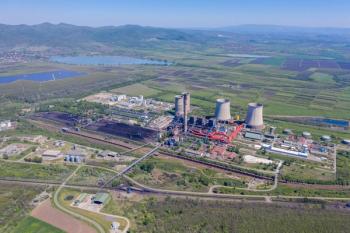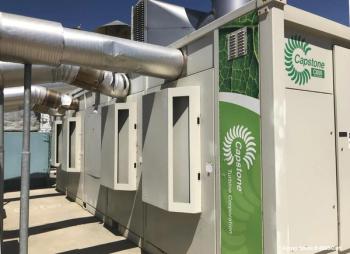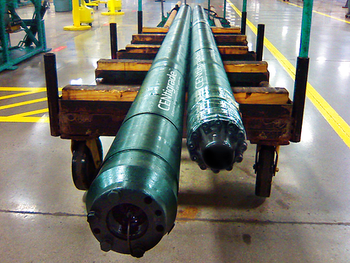
Forced outages in LMS100
The Western Turbine Users Inc. (WTUI) conference is taking place this week in San Diego, California. Its audience is made up of hundreds of users of GE LM2500, LM5000, LM6000 and LMS100 aeroderivative gas turbines.
The LMS100 has accumulated 173,870 operating hours with a high time unit in Argentina at 20,037 hours which runs in base load most of the time. The total LMS100 starts worldwide starts at 24,313, with 28 units in commercial operation at the end of 2012. Most are simple cycle, but five LMS100s are running in combined cycle mode.
Another 23 new units are being installed or commissioned, and 19 of these are in Southern California at three sites. They have already been running for about 1000 hours collectively and will be in full commercial operation very imminently.
In addition, the first two of this aeroderivative turbine with the Dry Low Emissions (DLE) combustor are being installed in Russia. They will support the Winter Olympics but are being brought online this summer so they are ready for the games.
Overall, the LM100 fleet has achieved a reliability level of 99.6 percent, with availability at 96.9 percent and starting reliability at 98.6 percent. This is based on Strategic Power Systems (SPS) Operational Reliability Analysis Program (ORAP) data.
SPS relayed some data on the top ten contributors to forced outages. According to the latest ORAP research, at the top of the list was engine controllers/compute power and software issues as a category, followed by combustion systems. Other causes of forced outage incidents included exhaust thermocouple temperature spread concerns, grid instability, liquid fuel drain valves, inlet air filters, lightning, excitation AC voltage regulator and the lube oil check valve.
Of the incidents reported with regard to engine controllers, most were down to communication of controller failures. Some others were due to false pressure indications from software controls (being addressed in the latest software updates), a few because of failure to start, burned out circuit board, and bleed valve module malfunction.
Newsletter
Power your knowledge with the latest in turbine technology, engineering advances, and energy solutions—subscribe to Turbomachinery International today.




